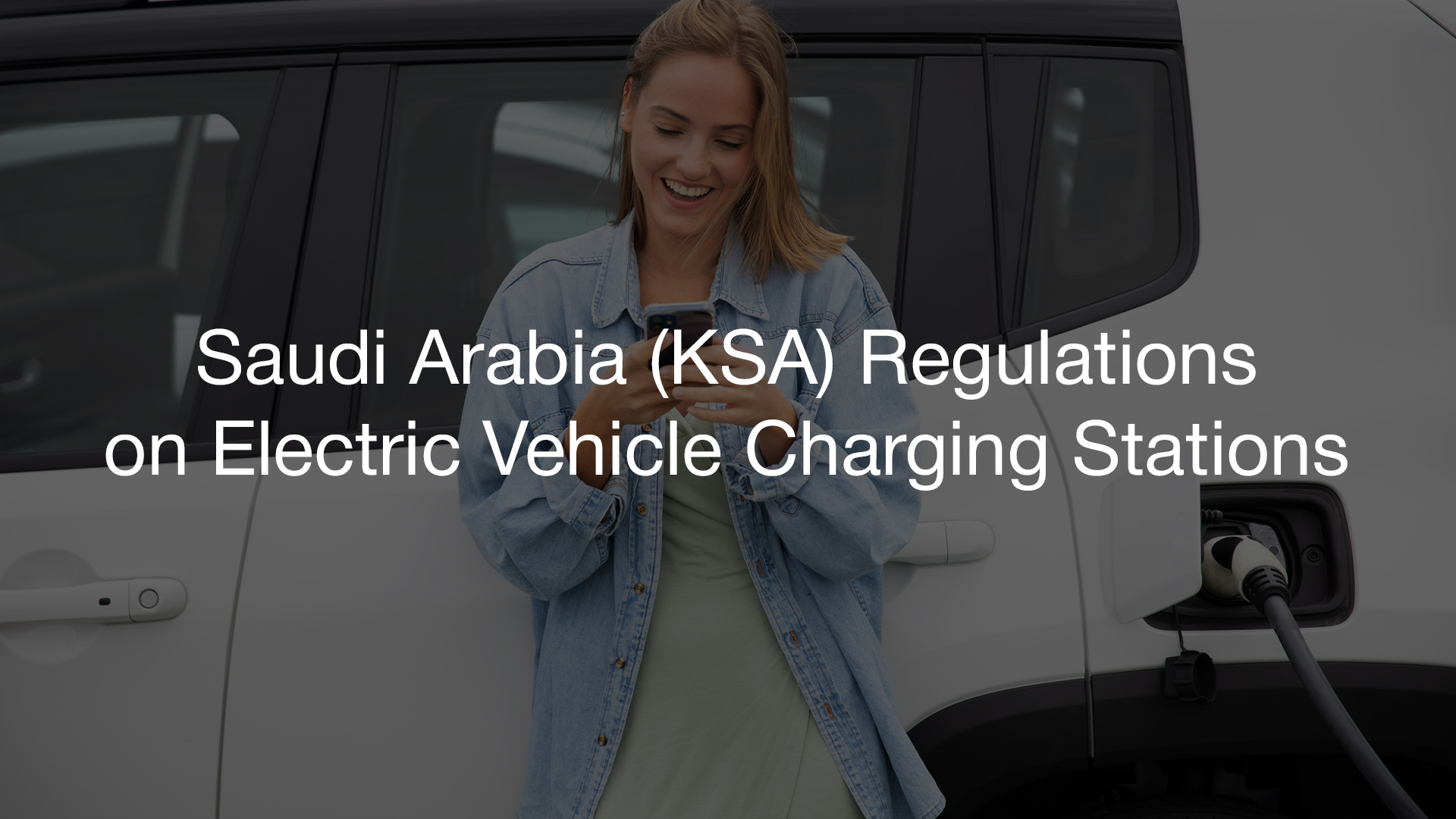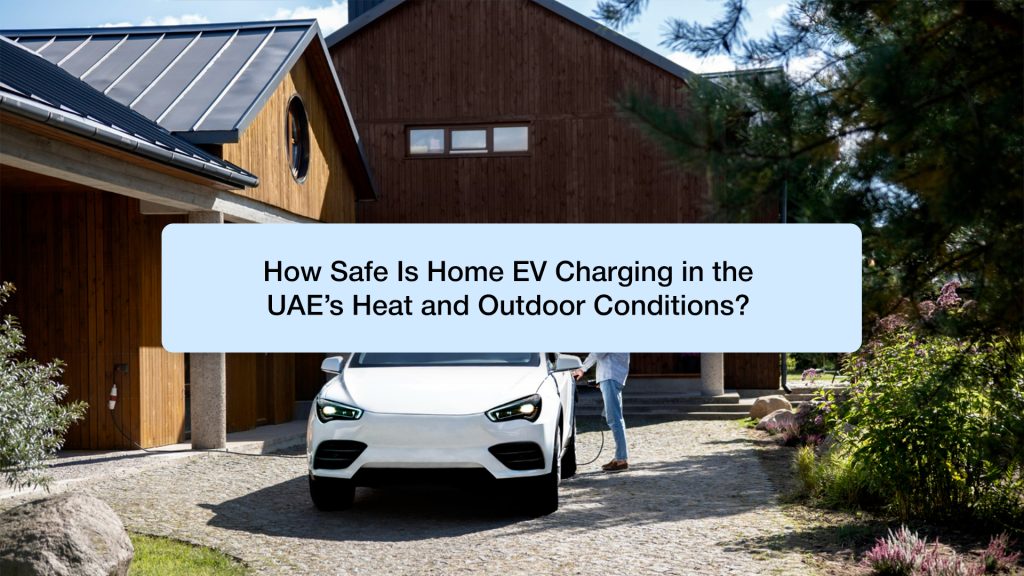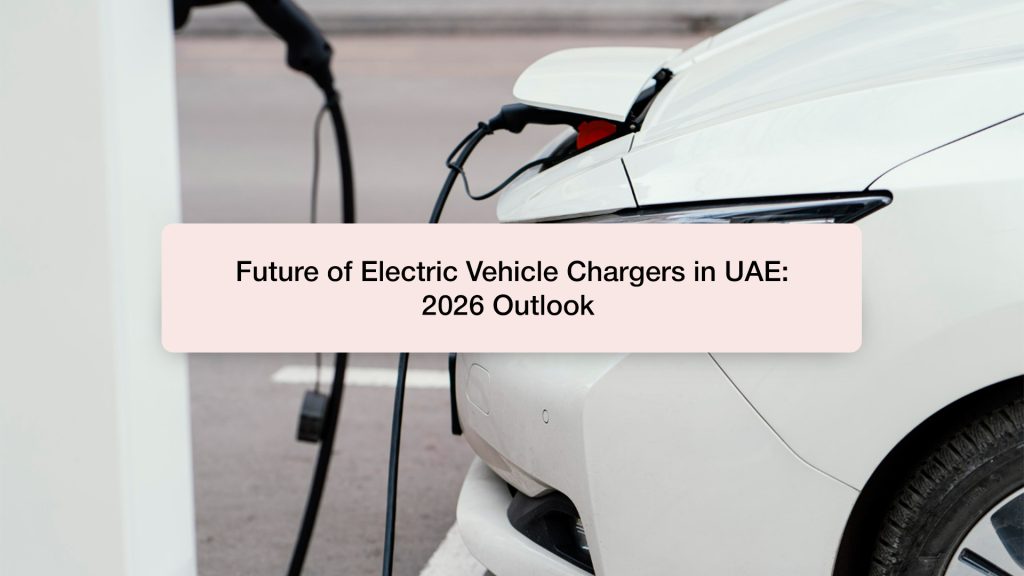Saudi Arabia has taken another major step toward its Vision 2030 sustainability goals by introducing comprehensive regulations for electric vehicle (EV) charging stations in 2025. The framework, designed to ensure safety, technical compliance, and streamlined permitting, aims to accelerate the Kingdom’s EV adoption while setting clear guidelines for investors, operators, and consumers.
Technical and Location Standards
The Saudi Standards, Metrology, and Quality Organization (SASO) has updated its technical standards in line with international IEC norms. All EV chargers must comply with strict performance, safety, and interoperability benchmarks. Provisions for overcurrent, short-circuit, and ground fault protection are mandatory, while insulation quality and temperature monitoring ensure stability during operation. Automatic shutdowns are required in case of anomalies, minimizing risks for users and operators alike.
In terms of installation, Saudi Arabia (KSA) Regulations on Electric Vehicle Charging stations require that
- EV chargers should be placed in accessible, well-lit areas, without blocking traffic or pedestrian movement.
- Each charging stall must be marked in green and carry regulatory signage.
- To promote wider EV use, at least 5% of parking spaces in selected public and private areas – including malls, hotels, and gas stations – must now be dedicated to EV charging.
- Importantly, EV chargers cannot be located near water sources or irrigation networks, reinforcing safety and environmental compliance.
Licensing, Tariffs, and Strategic Vision
To simplify deployment, the government has launched the “Electric Vehicle Charging Gateway,” a digital platform for permit applications. Only licensed “Qualified Contractors” can install or operate EV charging points, and electricity must come from authorized distribution networks.
Tariffs will be regulated by the Water & Electricity Regulatory Authority (WERA), with consumer protections in place. To encourage investment, the government is offering customs duty exemptions, tax breaks, land subsidies, and preferential electricity tariffs. Much like the UAE, which has rapidly expanded its EV charging network, Saudi Arabia plans to develop thousands of new stations through partnerships with global and local energy firms.
By aligning regulations with Vision 2030, the Kingdom is laying the groundwork for a sustainable transport ecosystem – supporting EV adoption, smart grid integration, and future-ready infrastructure.
CITA EV Charger: Powering Saudi Arabia’s Sustainable Future
As Saudi Arabia (KSA) Regulations on Electric Vehicle Charging stations come into effect, CITA EV Charger is aligning closely with these changes. With internationally certified AC (7kW, 11kW, 22kW, and 44kW dual) and DC fast chargers (60kW–360kW), CITA ensures compliance with SASO, DEWA, and global standards.
Our solutions are built for safety, interoperability, and smart integration – helping investors, businesses, and governments meet new regulatory demands with confidence.
Partner with CITA EV Charger today to power the Kingdom’s EV future.
Explore certified charging solutions built for Vision 2030. Enable safe, smart, and scalable charging infrastructure. Join global leaders already trusting CITA in 35+ countries.












